The year was 2023 when director Thomas Napper unveiled his latest film, Widow Clicquot, at the Toronto International Film Festival. Based on a true story, the film took audiences back over two centuries to the 1800s French countryside and introduced them to an extraordinary woman named Barbe-Nicole Ponsardin Clicquot.
Played vibrantly by Haley Bennett, Barbe-Nicole found herself widowed at a young age when her husband, François, passed away. But instead of fading into the background like many women in her time, she fought to keep control of the vineyard and wine business they had built together. Facing doubts from male rivals and restrictions imposed on women, Barbe-Nicole displayed fierce determination and business acumen in growing the enterprise into an international success.
Through flashbacks showing Barbe-Nicole and François’ loving relationship, Napper also portrayed the deep personal journey she underwent. Memories of Francois’ dreams and ideals inspired her to take the business in new, innovative directions. But she also grappled with the grief of losing him and handling responsibilities that had always been his.
In Widow Clicquot, Napper explores how one woman’s courage and vision elevated her beyond the tragedy and challenges of her circumstances. Through both the story’s sweeping romance and its intimate glimpse at one’s perseverance against adversity, the film celebrates the legacy of empowerment that Barbe-Nicole Ponsardin Clicquot left for generations to come.
An Unexpected Journey
After the tragic passing of her husband, François, Barbe-Nicole certainly never imagined how dramatically her life would change. The young widow is thrust into running the vineyards and business they had built together, a role typically left to men at the time.
Through flashbacks, we see how close the couple was—François had taught Barbe-Nicole so much about winemaking, fueling her growing passion for the craft. But losing the person who had been by her side through it all makes the task ahead seem overwhelming.
Fortunately for Barbe-Nicole, she had gained not just her husband’s skills during their marriage but also his indomitable spirit. Tales of François’ unconventional experiments and bold ambitions to advance the wine industry instilled in her a daring nature.
Though friends and family question if a woman is capable, she feels in her heart that this is what he would have wanted—to see his dreams live on through her. The memories likewise stir up complicated emotions as she grapples with the immense grief of his death while being determined to honor his legacy.
As Barbe-Nicole takes the reins, it’s clear the road will not be easy. Societal expectations say she should remarry and let a man run things. Business rivals like Moet see her as an easy target. Even some of her own workers doubt a female in charge. Resourceful as ever, she finds creative ways to subvert the rules standing in her way. Yet nothing prepares her for the cutthroat nature of the champagne business or the scale of obstacles that emerge with each new harvest.
Through it all, one thing keeps Barbe-Nicole going: her unshakeable belief in François’ vision and the magic of their vineyards. Despite the naysayers hoping she fails, her growing talent ensures the future is ripe with possibility. Little do they know that this unexpected journey will lead her to revolutionize an entire industry.
The Times They Were A-Changin’
Widow Clicquot takes place during a transformative period in French history at the turn of the 19th century. The wine industry was still developing into what we recognize today as entrepreneurs experimented with techniques like trapped carbonation to produce the bubbly drink we now know as champagne. It was also a time of upheaval, as the Napoleonic era brought sweeping changes across Europe through war and new legal systems.
Barbe-Nicole inherited her husband’s vineyards amid this flux, just as Napoleon’s trade policies drastically reduced export opportunities. With overseas markets cut off by embargoes, the existing houses grew cutthroat in their competition to control what remained of the French champagne trade.
On top of severe economic challenges, Barbe-Nicole also faced the outdated legal system of the day. The Napoleonic Code severely restricted women’s rights, prohibiting them from independently running businesses and assuming leadership positions reserved solely for men.
Though her skills and vision were ahead of their time, Barbe-Nicole had to outwit these oppressive laws and social expectations that denied her capabilities. She faced constant disregard from male rivals and skepticism about a woman daring to carry on such a prominent enterprise.
Yet through her determination and growing success in perfecting her husband’s innovative techniques, Barbe-Nicole persevered to leave her enduring mark on both the industry and her role in helping pave the way towards greater gender equality. Her story captures a moment when old ways clashed with new ideas, and one woman’s defiance was a spark towards momentous change.
Wine, Women and Song
Thomas Napper takes a nuanced approach to telling Barbe-Nicole’s story. He opts for a nonlinear style that shifts gracefully between the past and present. This choice is far from a gimmick; it enhances our understanding of how she’s haunted and inspired by memories of François. Through clever editing and Caroline Champetier’s gorgeous cinematography, Napper transports us directly into Barbe-Nicole’s state of longing recollection.
Champetier bathes key scenes in breathtaking light. She captures the lush vines and countryside in a way that makes Francois’ passion easy to feel. His love for the land and Barbe-Nicole is visually palpable. But Champetier is just as adept at conveying the darkness of loss. She cloaks scenes of strife in shadows and isolation, sharing the weight of Barbe-Nicole’s loneliness.
Bryce Dessner’s score profoundly elevates the emotion. There’s a wistfulness to the strings as Barbe-Nicole reminisces. But he’s not afraid to introduce twinges of dissonance that reflect her growing discomfort. His music seamlessly brings past and present together, allowing us into Barbe-Nicole’s conflicted mind. Whether conveying joy or pain, the composition feels tailor-made to every moment.
Through their combined creative talents, Napper, Champetier, and Dessner forge a transportive experience. Their vision ensures we fully feel the human story within this historic tale of wine and business triumph. It’s a testament to what can be achieved when a director and creative team pursue a project with such care, nuance, and passion.
Memories and Moët
Haley Bennett truly shines as the strong yet sensitive Barbe-Nicole. She brings such nuance to a character that could have easily become one-dimensional. From the opening scene, Bennett commands your empathy as a widow haunted by loss. Her gaze conveys oceans of grief even as duty calls her to carry on.
We see her strength slowly emerge in quiet acts of defiance. When her father-in-law insists on selling, Bennett transforms panic into poise. With simple resolve, she insists this vineyard must remain in her care. Yet for all her poise, cracks of doubt linger in her downcast eyes. Bennett ensures we understand—under the surface beats a heart still raw from François’s death.
No scene better showcases her talent than the flashbacks. As François sweeps her off her feet, Bennett radiates joy through flushed cheeks and uninhibited smiles. Her love consumes her being. But as his mental state crumbles, Bennett’s care transforms into terror. Memories that were once lifelines become trials as she’s forced to relive his decline. The agony in her eyes left me riveted, wondering how anyone could endure such turmoil yet somehow persevere.
Bennett leverages vulnerability to fortify Barbe-Nicole’s steeliness. Each setback only strengthens her resolve. Whether confronting hypocrisy or navigating Napoleon’s nonsensical bans, Barbe-Nicole faces every challenge with tenacity and wit. Bennett ensures we root for her not just because of her poise under pressure, but because of the wounded woman we know lies beneath. Her performance reminds us that strength often stems from experience overcoming life’s deepest hurts.
In Bennett’s skilled hands, Barbe-Nicole transcends history to become profoundly human. She brings vibrant life to a pioneering figure in a way that feels both authentic and utterly engrossing. It’s a showstopping performance that will surely open more doors for this immensely talented actress. When the credits roll, there’s no doubting that this is one of Bennett’s most compelling roles to date.
Facing Adversity with Grace
Widow Clicquot tackles a number of thought-provoking themes that are still relevant today. At its core lies Barbe-Nicole’s unrelenting dedication to both her craft and her late husband’s vision, in the face of immense challenge. Through her trials, the film celebrates pursuing one’s dreams against all odds.
Nowhere were the odds stacked higher than in Barbe’s struggle against gender norms. As a woman striving for success in a male-dominated world, nearly every man doubted her capabilities. But Barbe faced their dismissiveness with poise, politely yet firmly insisting on her right to control François’ business. Though ignorance sadly lingers, Widow Clicquot highlights how far we’ve come and reminds us that progress requires perseverance.
Beyond her trailblazing work ethic, Barbe channeled grief into preserving what she and François loved most: their vineyards. In honoring his memory through innovation, she found empowerment. Their passionate marriage also extended beyond the grave, a testament to love’s ability to motivate even in life’s darkest hours. By fighting for both work and romance, Barbe demonstrated the fullness of spirit that cannot be denied.
Ultimately, the film champions facing adversity with empathy, integrity, and grace. No matter the challenges, Barbe overcame hatred with patience, doubt with proofs of competence, and sorrow with relentless faith in a brighter future. Her empowering story continues to spread ripples of hope—that by embracing both our strengths and weaknesses and bringing out the best in one another, individuals can change the world. Perhaps most of all, Widow Clicquot reminds us that even in our deepest trials, love is what makes life truly worth living.
Widow Clicquot Rises Above
Widow Clicquot tells a remarkable true story of perseverance that remains compelling even centuries later. Through adversity like trade embargoes and sexism in business, Barbe-Nicole displayed a dedication to her craft and her late husband’s dreams that was nothing short of inspiring.
While following a familiar biopic structure, the film brings Barbe-Nicole’s saga to life in a way that feels both authentic and cinematic. Beautiful cinematography transports us to 1830s France as Haley Bennett turns in a captivating lead performance, expressing the full spectrum of emotions. Her portrayal makes both triumphs and struggles feel deeply moving.
Timely themes like the strength of pursuing one’s passions and facing injustice with grace are woven throughout. But ultimately, it’s a celebration of one woman’s contributions that helped shape the world in which we live. Widow Clicquot tells an empowering true story that leaves one feeling uplifted about what determined individuals can achieve.
For those looking for a historical drama featuring strong actors in involving roles or wishing to learn more about the fascinating origins of champagne, Widow Clicquot delivers an enriching cinematic experience. It succeeds in honoring Barbe-Nicole’s legacy in a way that entertains and inspires.
The Review
Widow Clicquot
Widow Clicquot paints a vivid portrait of a pioneering woman who left an indelible mark on history through her determination and vision. Haley Bennett imbues the titular character with spirit, vulnerability, and strength in a performance that anchors the film. While the biopic structure feels a touch formulaic at times, director Thomas Napper brings Barbe-Nicole's story to life in an immersive way that intrigues and inspires.
PROS
- Engaging lead performance from Haley Bennett
- Beautiful cinematography that transports viewers to 1830s France
- Illuminates the challenges faced by pioneering female entrepreneurs
- Uplifting stories of perseverance and chasing one's dreams
CONS
- Somewhat predictable biopic structure and narrative beats
- Fails to fully explore complexity in Barbe-Nicole's personal life
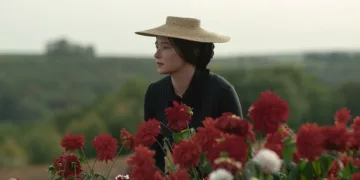








































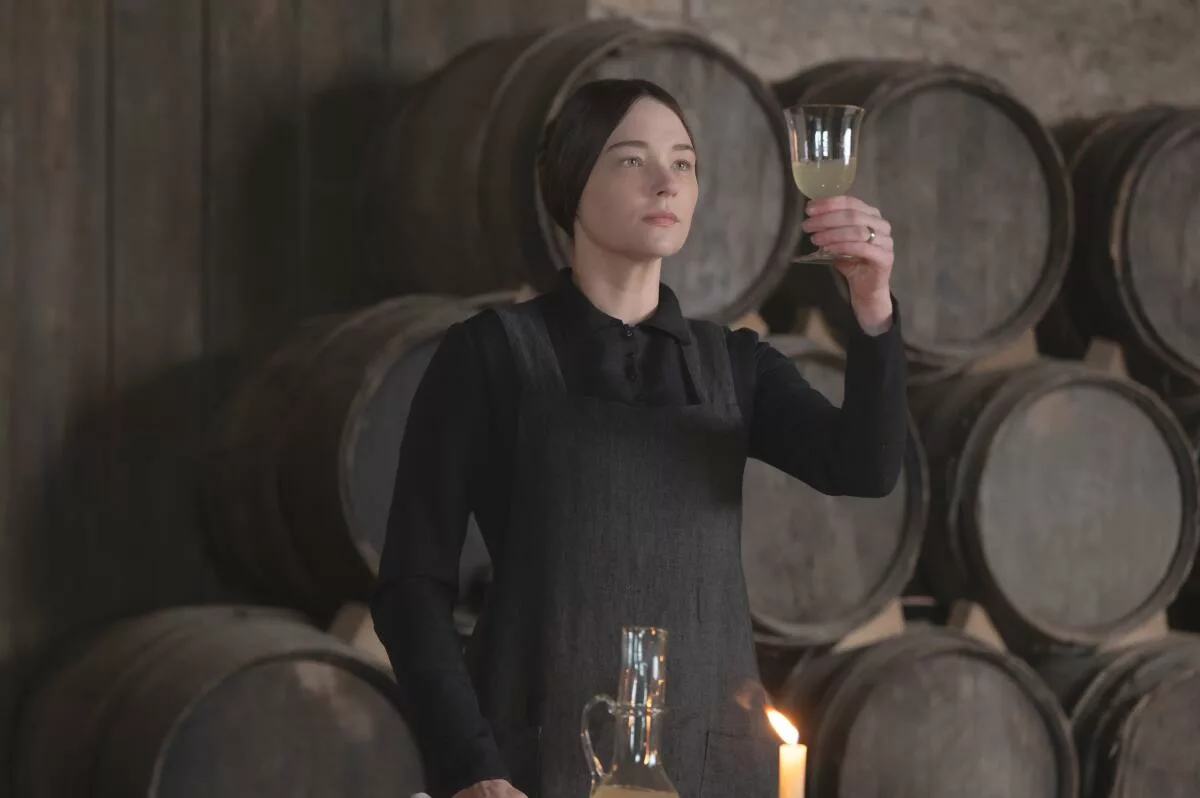
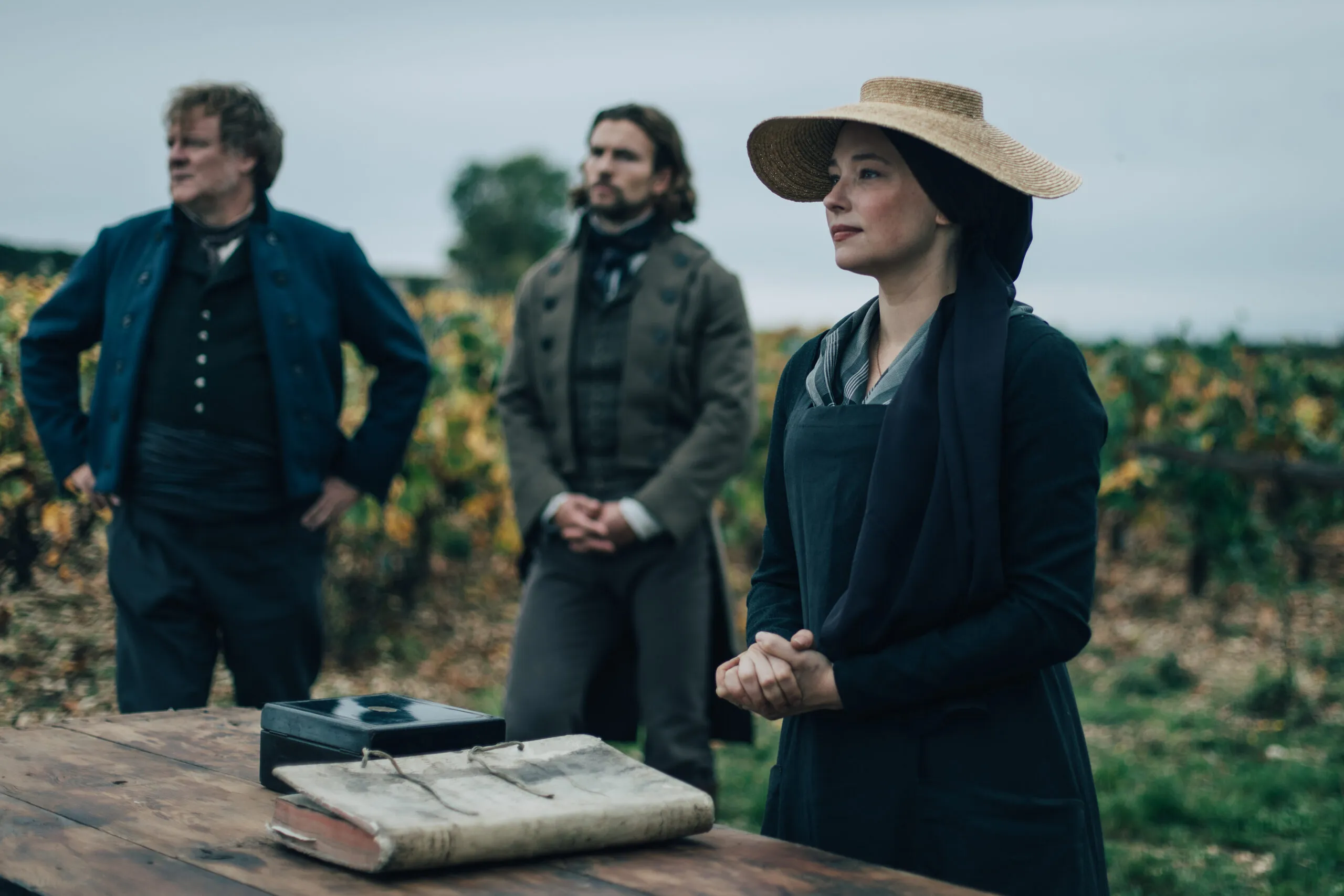
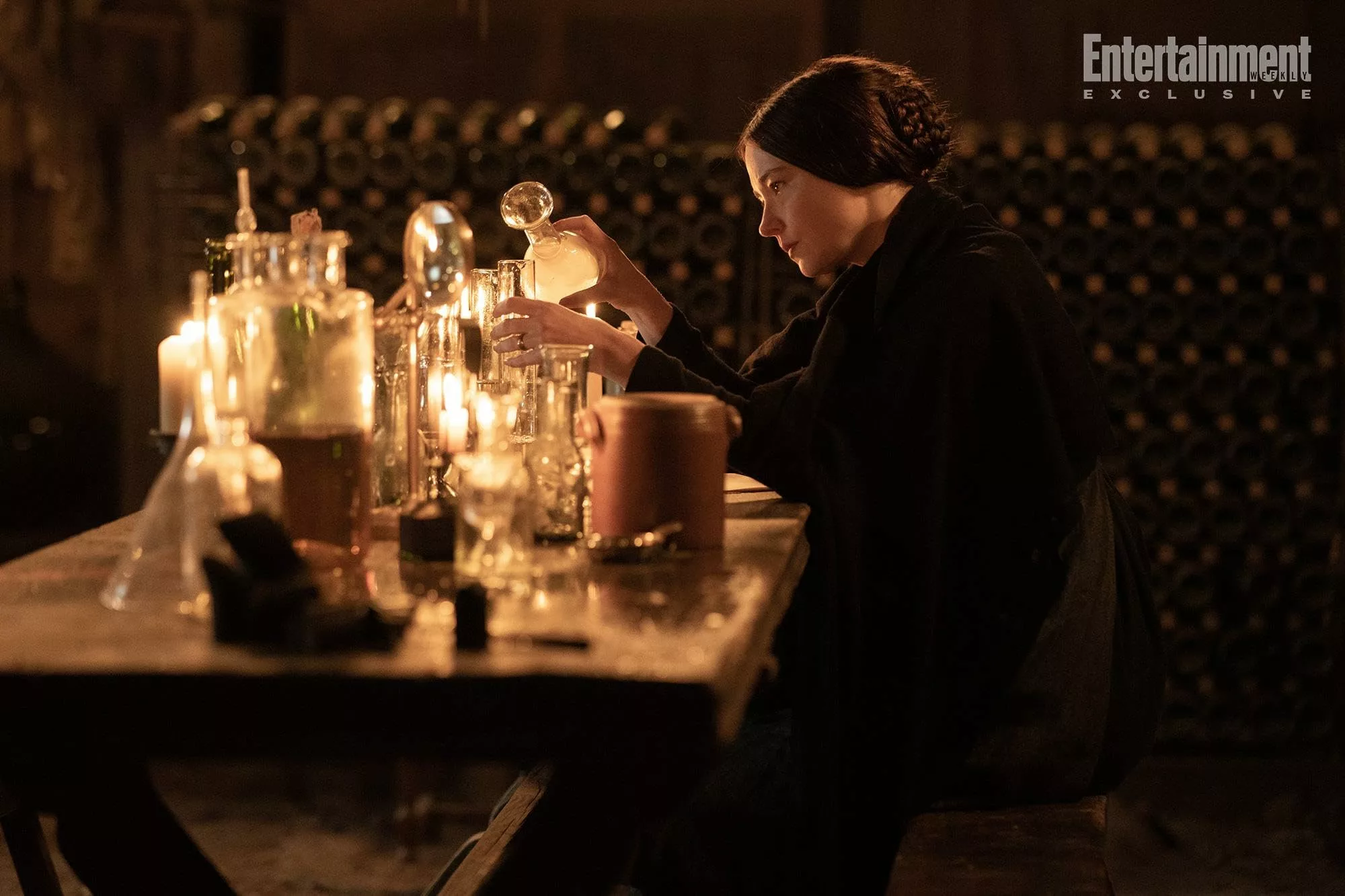
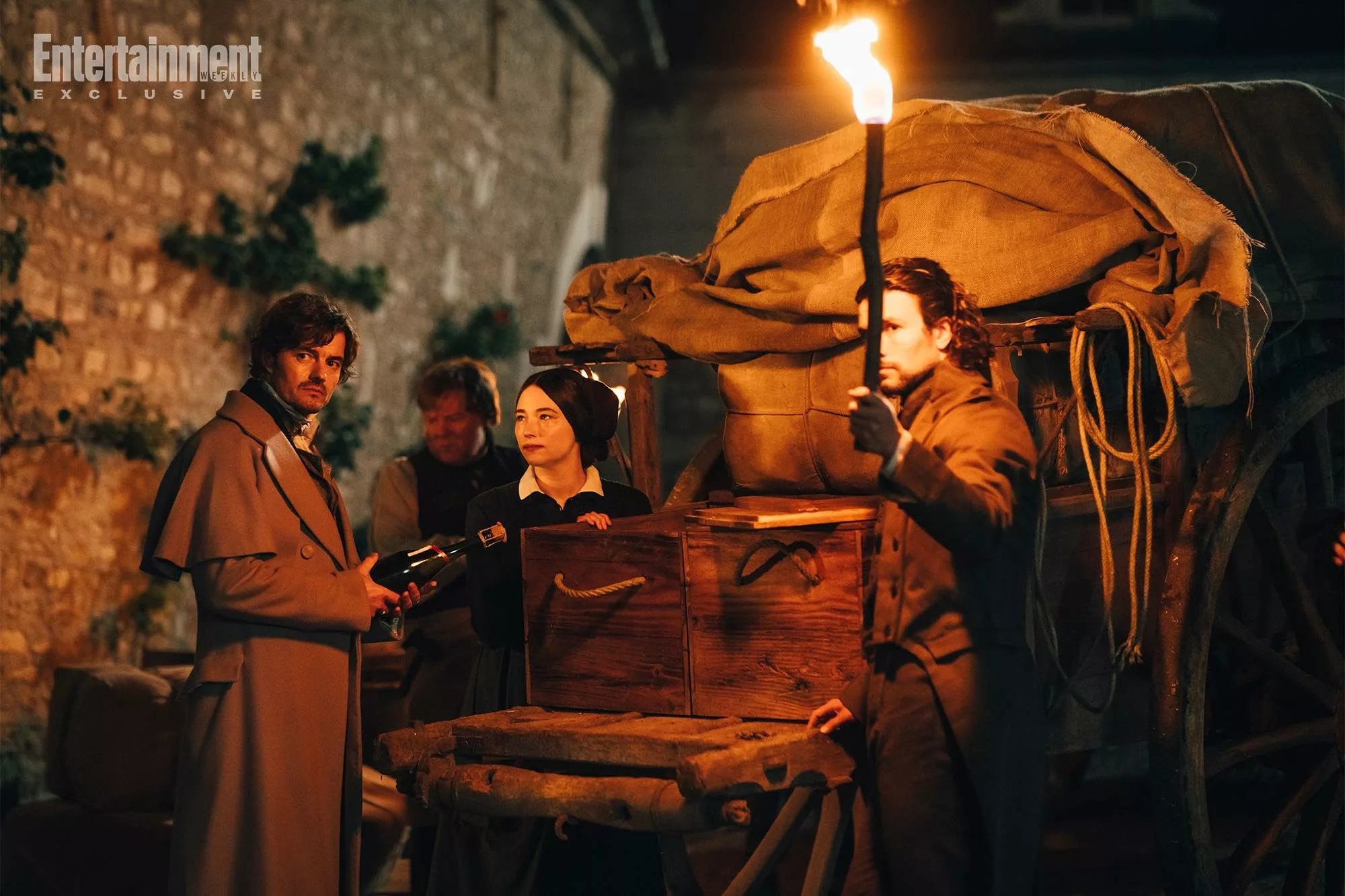
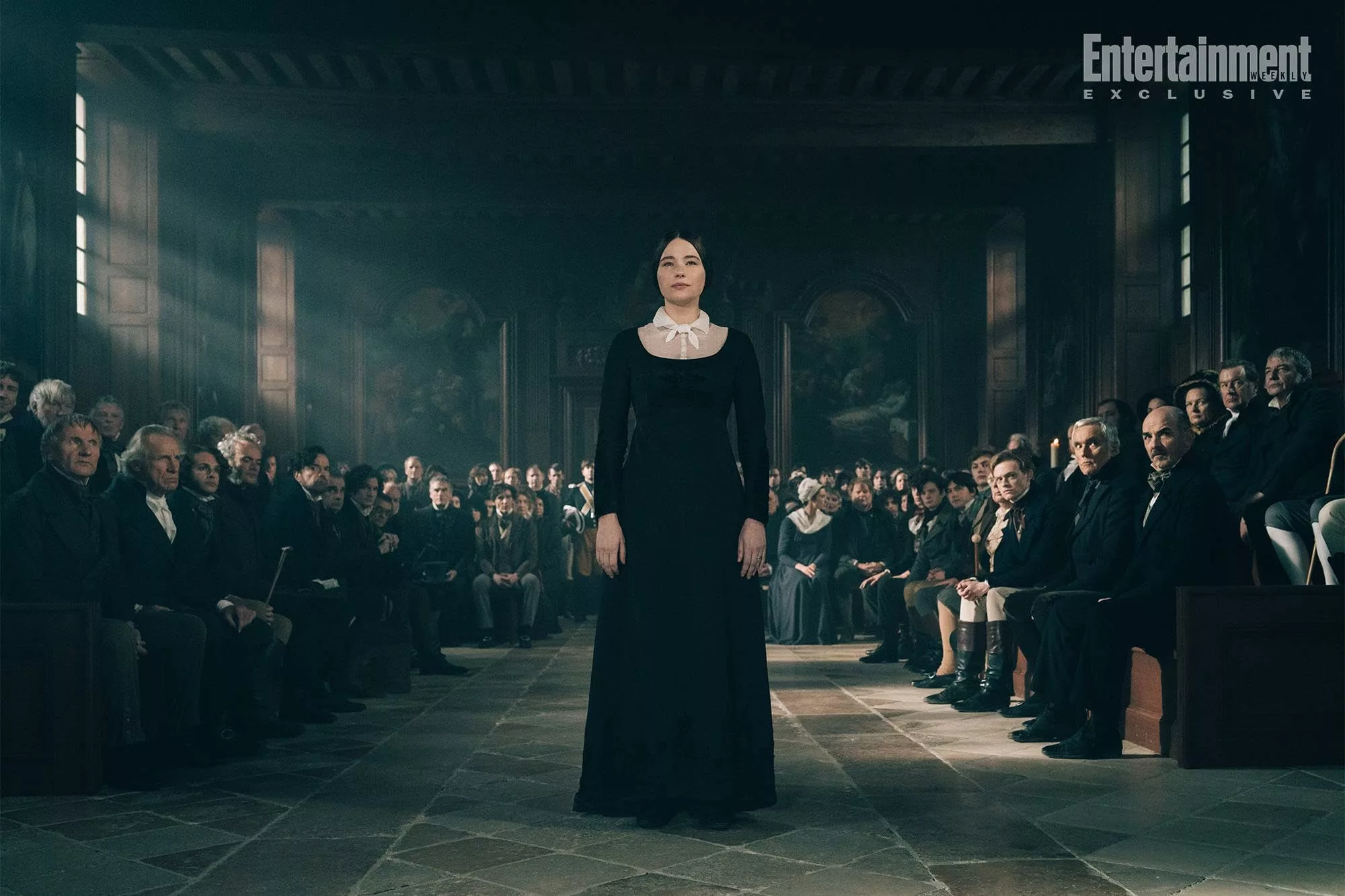








Discussion about this post